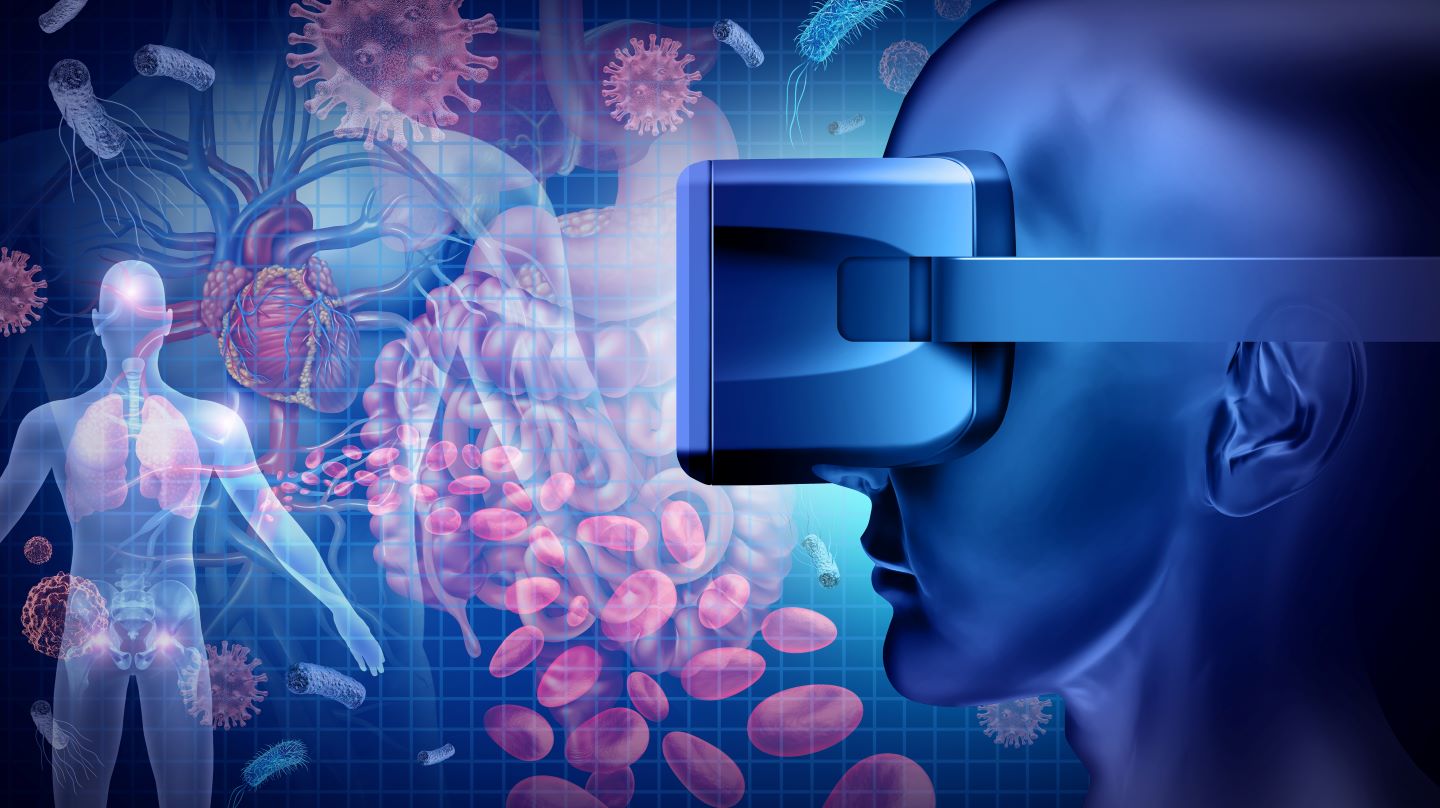Digital therapeutics (DTx) is a segment of solutions within the wider digital health landscape that delivers evidence-based therapeutic interventions to prevent, treat, or manage disease. Subject to different degrees of clinical evaluation and regulatory oversight, DTx products are driven by software programs and delivered across a range of devices from smartphones to virtual reality (VR) headsets. DTx could be the future of patient-centric healthcare, able to provide personalised programmes to patients anywhere and at any time, even removing the need for medications for some indications.
Pear Therapeutics was a pioneer in developing DTx for neurological conditions that are traditionally treated by evidence-based behavioural or psychological management strategies. In 2017, the company was the first to receive FDA approval for its prescription DTx, reSET, for patients with substance use disorder (SUD). reSET provides virtual cognitive behavioural therapy (CBT) modules via a smartphone device, either as a monotherapy or in conjunction with pharmacological intervention. The approval of reSET was followed by the approval of reSET-O in 2018, a similar DTx that was indicated for patients with opioid use disorder (OUD), and by Somryst in 2020, a similar solution indicated for insomnia. Other products in the company pipeline targeted diseases such as schizophrenia, epilepsy, post-traumatic stress disorder (PTSD), multiple sclerosis (MS), migraines, and bipolar disorder. Pear Therapeutics was heralded for its breakthrough in the DTx market, had close ties with Novartis through its Sandoz subsidiary, and raised $100m in Series D funding between 2020 and 2021, before completing a merger with a special purpose acquisition company (SPAC), Thimble Point Acquisition Corp, in December 2021 for a combined entity of $1.6bn. However, although it was the industry pioneer, Pear Therapeutics has since become an example of how regulatory approval is only the first in a long line of hurdles to winning in the DTx market.
Although the first signs of trouble for Pear Therapeutics were in 2022, the company was already burning through expenses and struggling to create revenue. In 2021, the company’s revenues came to around $4m, yet its expenses reached $100m. Pear Therapeutics continued to struggle to generate revenue, with expenses increasing to nearly $140m while its revenues only increased to $13m. The company revealed it was struggling in the US, with only ten states prepared to reimburse the products, which had an average selling price of $1,195. Additionally, while the company had received more than 45,000 prescriptions, only half of these were filled, and Pear Therapeutics was only reimbursed for around 40% of those filled prescriptions.
Following two large-scale workforce reductions in 2022, Pear Therapeutics announced its plan to seek a sale or merger of the business, or for out-licensing of assets, in March 2023. However, it filed for Chapter 11 bankruptcy only weeks later, and its assets were sold in an auction in May 2023 for a total of $6m. The company blamed the failure on a lack of payor uptake, and on the tough market conditions over the previous couple of years, as it suffered from the financial impact of the Russo-Ukrainian war and the Silicon Valley bank collapse.
The loss of Pear Therapeutics was a major blow to the industry, sparking scepticism for the future of DTx. Other industry players are similarly struggling. For example, both Akili and Better Therapeutics announced layoffs in early 2023. Meanwhile, other DTx manufacturers including Hurdle, Quil Health, and SimpleHealth shut down in 2023. However, there are lessons to be learned from Pear Therapeutics’s demise, primarily that reimbursement is crucial to success, especially when designing prescriptive DTx that are relatively expensive in comparison to cheaper nonprescriptive DTx options. Some payors have become more welcoming of the technology, but it must be accessible and affordable, and there must be sufficient data including real-world evidence (RWE) to support the promise that these devices will save payors costs in the long term. There is also a future for Pear Therapeutics’s products. Click Therapeutics, a long-term partner of Boehringer Ingelheim, plans on using Pear Therapeutics’s patents behind the Pear Platform to create innovative new treatments. Nox Health Group bought Somryst, and will integrate the DTx with its own SleepCharge program, and bring Somryst to a wider audience through its existing client base. Welt bought Pear Therapeutics’s migraine-focused programme and will develop an AI-backed app to help with predicting migraine attacks. Finally, Harvest Bio, a company with ties to Pear Therapeutics’s former CEO, acquired the key assets including the reSET products, as well as many within the pipeline. The collapse of the industry pioneer could act as the catalyst for the wider industry if the evidenced challenges including reimbursement, pricing, and patient and physician acceptance are addressed.

US Tariffs are shifting - will you react or anticipate?
Don’t let policy changes catch you off guard. Stay proactive with real-time data and expert analysis.
By GlobalData



